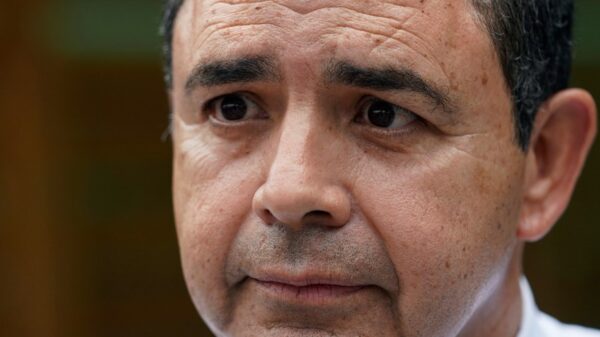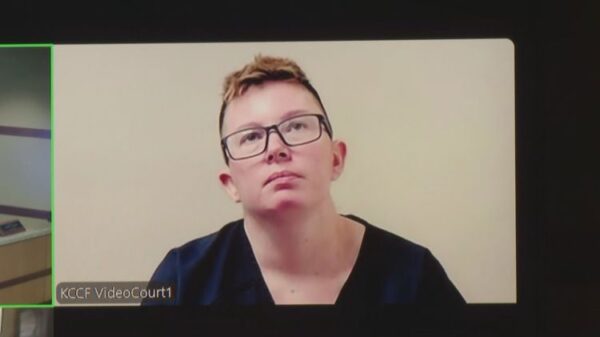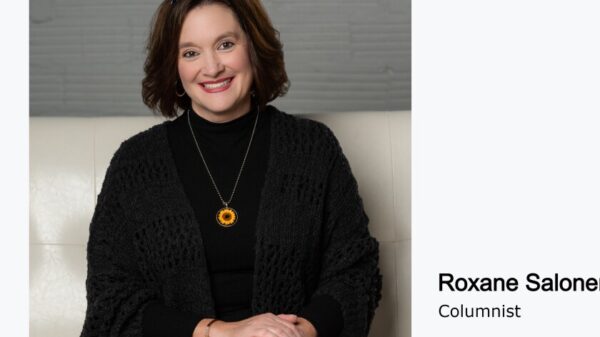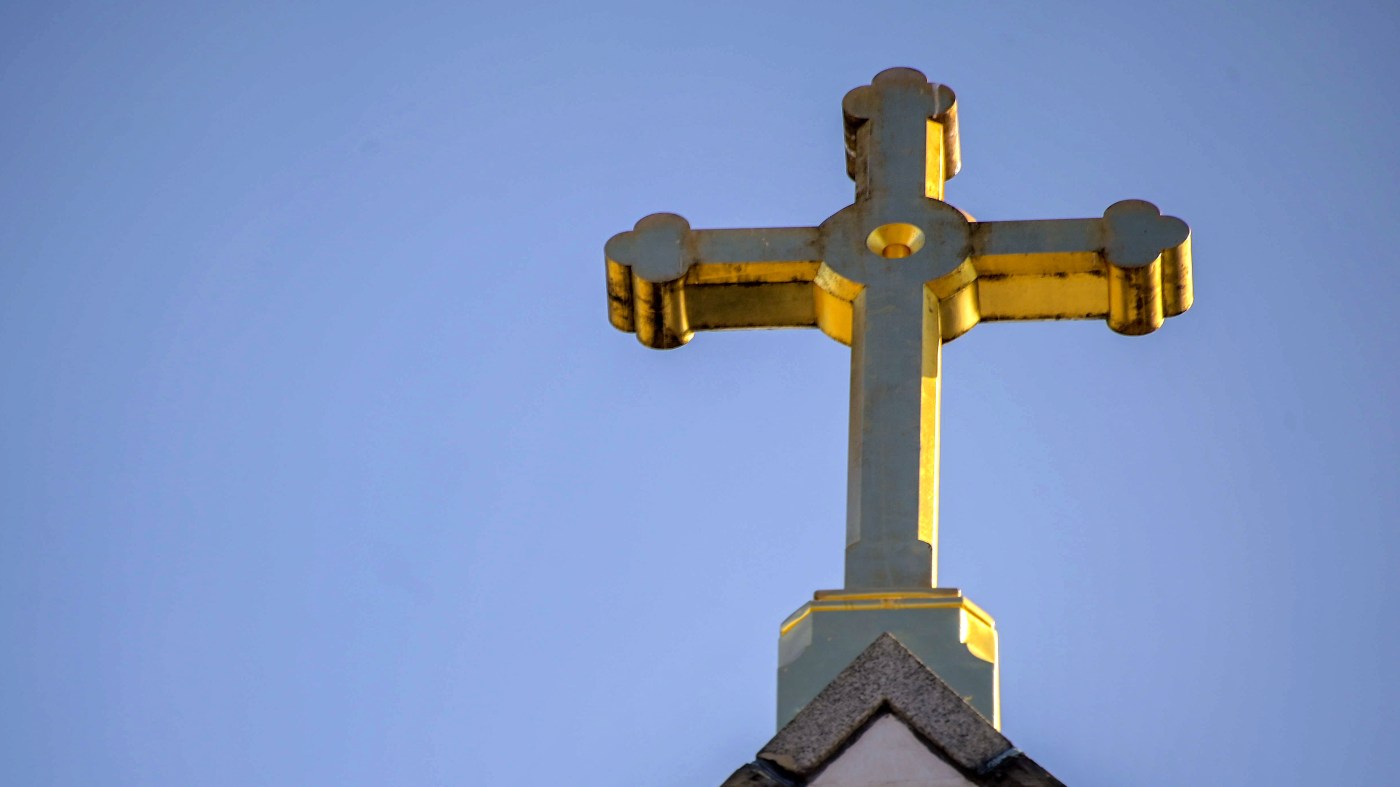Recent allegations of sexual abuse involving clergy members have intensified calls for accountability within religious institutions. In the past month, incidents involving a former priest in Louisiana, a pastor in Ohio, and a former pastor in North Carolina have surfaced, leading to arrests and ongoing criminal proceedings.
In Louisiana, Mark Ford was arrested and extradited on charges of sexual abuse against a minor, with offenses dating back to around 2004. Similarly, in Ohio, Silas H. Shelton faces charges of child rape. In North Carolina, Luis Sosa has been charged with human trafficking and other sexual abuse charges related to minors, pending extradition from Florida. Additionally, allegations of workplace sexual misconduct against Stephen Wood, the leader of the Anglican Church in North America, have emerged this week.
These allegations have arisen shortly after the release of the second report from the Vatican’s Pontifical Commission for the Protection of Minors. Established by Pope Francis in 2014, the commission aims to address the clerical sexual abuse crisis within the Catholic Church. The report indicates that while some reforms have been implemented, many church leaders continue to resist meaningful change, particularly in regions outside of Western countries.
The findings reveal a troubling lack of accountability for church leaders, inadequate vetting of church staff, and a culture of retaliation against whistleblowers. The statistics presented are particularly alarming; between 1950 and 2002, approximately 11,000 allegations against 4,392 priests were reported in the United States. In comparison, France reported that around 330,000 children were abused by approximately 3,000 perpetrators within the Catholic Church.
These figures highlight a concerning trend in which many abusers within the church perceive their positions as a shield against accountability. Despite efforts in the last decade to address these issues, the lack of consistent and effective measures raises questions about the commitment of church authorities to protect vulnerable individuals.
While a significant majority of clergy earn the trust placed in them, the abuse of that privilege is a stark reality. Access to children in private settings, combined with the authority and trust vested in clergy, creates an environment where abuse can occur. If 4% of the U.S. population were found to engage in sexual abuse of minors, it would be deemed a national emergency. Yet, studies indicate that the same percentage of U.S. Catholic clergy have faced credible allegations of sexual abuse.
To combat this crisis, there must be a shift in how religious institutions address these issues. Accountability must be prioritized, with clergy facing severe consequences for abusing their authority. Children should have unrestricted access to resources and reporting mechanisms when they are victimized. Furthermore, clergy members should be stripped of their titles and prosecuted to the fullest extent of the law.
The immediate reporting of sexual abuse incidents should not be an infrequent occurrence but rather an ongoing obligation. As the public grapples with these troubling revelations, the demand for transparency and accountability within religious institutions continues to grow. The time for meaningful change is now.





































































